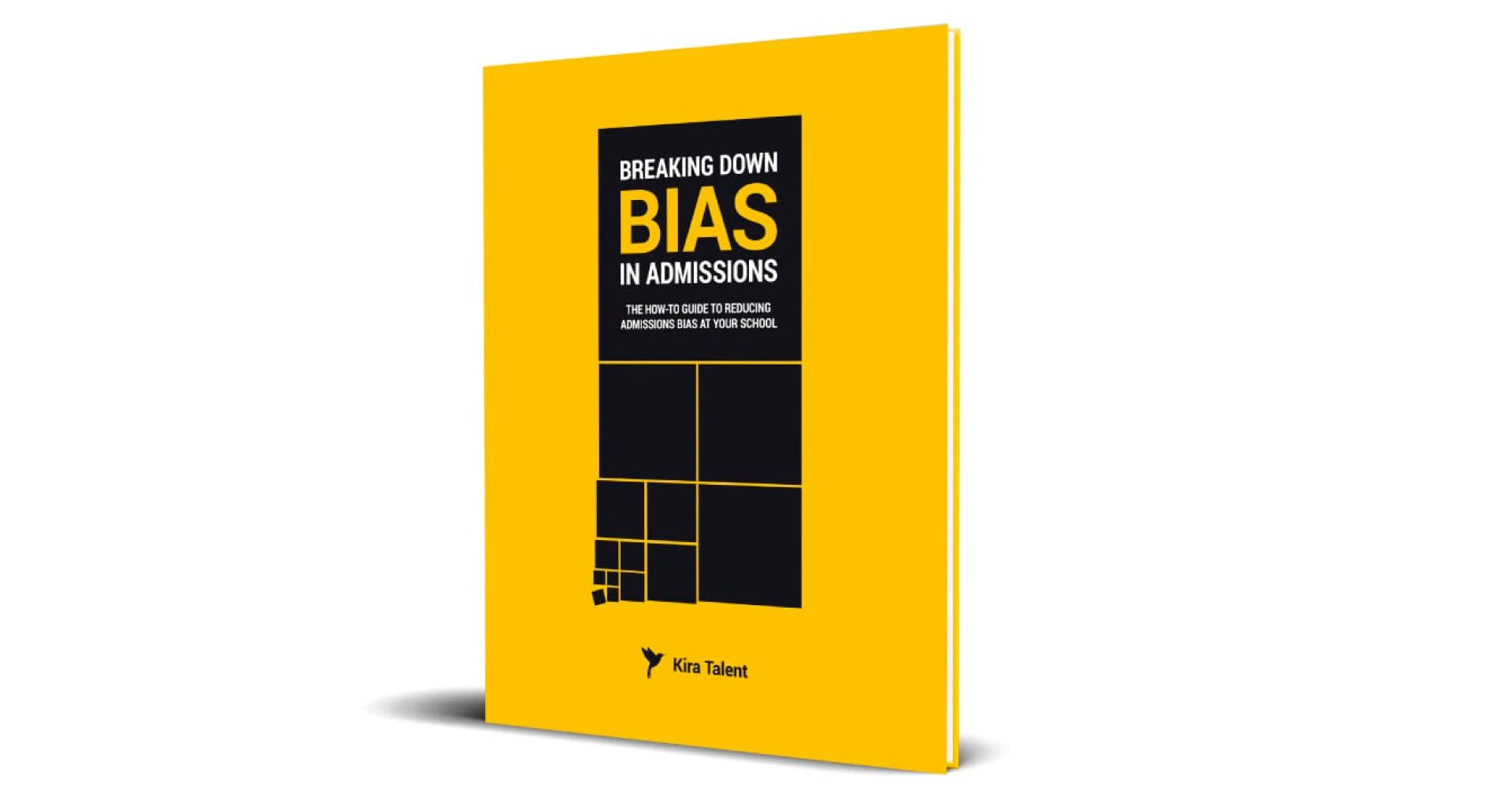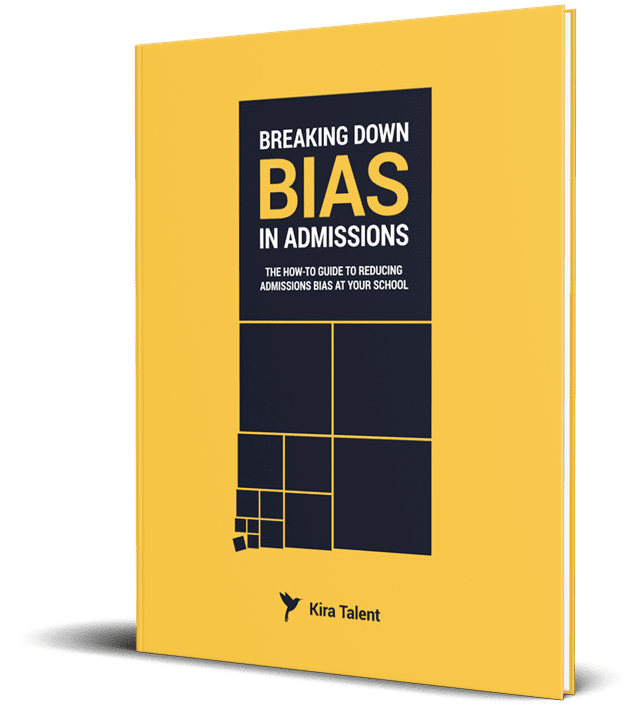Great communicators are in demand across the board. The GMAC Corporate Recruiters survey reports that the top skills companies demand in new graduate business school hires are oral communication, listening, written communication, and presentation skills, in that order.
And the Bloomberg Job Skills Report of top Fortune 500 employers confirmed that communication skills are the #1 most desired competency in graduates.
Adding to this growing body of research is Tina Coffelt, assistant professor of communication studies and English at Iowa State University. Speaking with 52 employers in engineering, health sciences, business, and social work, she and her team found further evidence of the importance of strong verbal communication skills.
The major findings of the study emphasized that human interaction skills are a dominant way that employers think about communication. When asked what communication skills are most valuable in new college graduates, employers recalled oral communication skills more than others. Electronic communication skills ranked second.
We spoke with Professor Coffelt about the future of communication education and its impact on the workplace. Read our conversation below:
Kira Talent: Your research is among several papers and reports in the last couple of years claiming communication skills are employers’ top priority. At the same time: Hiring managers continue to report a lack of talent in their new graduate pool. What do you think is causing that gap?
 Tina Coffelt: Employers indicate that they value communication skills but they don’t seem willing to invest in communication programs at higher education institutions. Employers note the deficiency in communication skills, yet make decisions based on other skills. For example, employers I have interviewed will reassign deficient employees or pull them from client relations, but the employee may not realize the changes are because of communication concerns. The message that new employees and college students receive is that they may lose their job if they cannot fulfill the primary work, but they will not lose their job if they are deficient in communication skills. So, communication courses or degrees may not be taken seriously.
Tina Coffelt: Employers indicate that they value communication skills but they don’t seem willing to invest in communication programs at higher education institutions. Employers note the deficiency in communication skills, yet make decisions based on other skills. For example, employers I have interviewed will reassign deficient employees or pull them from client relations, but the employee may not realize the changes are because of communication concerns. The message that new employees and college students receive is that they may lose their job if they cannot fulfill the primary work, but they will not lose their job if they are deficient in communication skills. So, communication courses or degrees may not be taken seriously.
People who communicate well also tend to like people and seek majors and jobs that reinforce or augment this propensity. People who are apprehensive about communication may avoid classes designed to foster their development. There are those who believe that communication skills cannot be taught. I believe some people have exceptional skills, just like math, or analytical skills, but that doesn’t mean the rest of us can’t be taught those skills. An engineer can learn to communicate, just like a writer can learn to be an engineer, they just need to be motivated to do it.
Some disciplines require communication courses taught from the vantage point of writing, presenting, or interacting. These classes tend to focus on one mode of communication and limit the educational experiences in other modes. The question becomes: Can we equip students to be proficient in communication in one semester? This is a daunting task. We can provide opportunities for growth, but the students need to be motivated and employers must recognize that one – two classes are likely insufficient to obtain the skill level they seek.
There is also an assumption that communication courses or majors teach communication skills. Some courses may have a skills component, yet these courses also include theory, evidence-based knowledge about communication processes, critical thinking, among other competencies.
KT: Your research shows a preference among employers for ‘human interaction’ -based communication skills. Do you think that preference will change as we continue to rely more on technology to communicate?
TC: I fundamentally believe that as humans and social creatures, we are going to continue to rely on interpersonal interaction to get work done. When we shift the delivery mode to technology, I think we have to be really careful about what we shift, why, and how. There are some forms of human interaction that are so complex and fragile that to change the mode of delivery of those message types to a technological format really limits the ability for us to achieve our goals.
I want to believe good employers are able to recognize how important these human interactions are to business practices. Just as we’ve done with other tasks, there are some communication tasks we can shift to technology, and there are functions that require the flexibility and involvement that only come from face-to-face human interaction. For example, establishing new relationships or negotiating contracts are processes that require human interaction because of their complexity and the high stakes involved so trying to do them over technology, in many circumstances, is not appropriate. I hope people in power recognize that technology is not a wise decision for these and related processes.
KT: Iowa State and several other universities have shifted to a “multimodal” teaching approach. Can you explain how this model works at Iowa State, and how it helps develop stronger communicators?
TC: Two English classes are required by every Iowa State University (ISU) student. The second of these uses a multimodal approach by embedding critical thinking into written, oral, visual, and electronic modes of communication. Some advanced communication courses at ISU taken by many students follow this same approach. Students benefit from this approach by analyzing how the audience and mode of delivery impact communication decision. This approach, however, omits interpersonal communication, the mode of communication found in my research and other studies as being important and relevant.
KT: How would you like to see communication education improved over the next decade?
TC: I have ideas, but I am not sure how well they’ve been tested. It would be ideal if every single college graduate had 12 hours of communication classes. Right now, because communication disciplines are so specialized, [students] could choose the discipline that best applies to their career. For example, engineering students need strong technical writing skills whereas marketing majors need development in presenting, writing, interpersonal influence, and motivation. One – two courses, even with a multimodal approach, cannot develop students with both breadth and depth that will enhance their communication competence.
I would like to see faculty within communication disciplines collaborating. Collectively, English, communication studies, speech and rhetoric, public relations, and design, for example, have a lot to offer students. Let’s develop something robust to help students leave universities with breadth and depth in their understanding and use of communication.
There are some disciplines that recognize the value of communication and invite communication professors to come in and develop communication curriculum unique for their majors. It’s a decentralized approach, and it may be one way to address employers’ needs because communication needs are varied by industry and career type.
KT: Do you think the communication skills needed in the classroom are much different than the workforce?
TC: It seems that there is a different set of communication skills required to be a student than to be an employee. I can point out the top five students in a classroom, but they may not be the most successful on the job. People who make good students often communicate very analytically and ask thoughtful questions, which, by default, does not mean they would have the ability to interact with a patient or communicate bad news.
Engineering students may be great among their peer group and have strong analytical skills and problem-solving skills, but then when they have to work with governments and city councils, they may not have the ability to translate what they propose in ways that are understandable or be comfortable speaking persuasively.
KT: What would you recommend to admissions professionals to better assess communication skills in applicants?
TC: It’s really hard to get to know people and their communication skills when much of the application process is written. To me, as an interpersonal person, admissions decision makers lack the richness of knowing a person when written application materials are the only mode of introduction. I really like the idea of what your company is doing with interviews. In this way, communication skills can be assessed.
So when it comes to an oral communicator, what stands out to me is someone who is authentic, not coached or staged, and someone who cares and who can convey a genuine interest. These qualities can come through in the most outgoing person as well as the shyest introvert.
Authenticity is becoming more and more important to me as I get older. I teach students that while there are people who are very coached and polished, and there are people who love slang, there needs to be a balance where someone can be professional but not pretentious. Authenticity can really help people succeed when they interact with others.
Tina joined us by phone in August 2016. To read more about the study, published in Business and Professional Communication Quarterly, click here.



